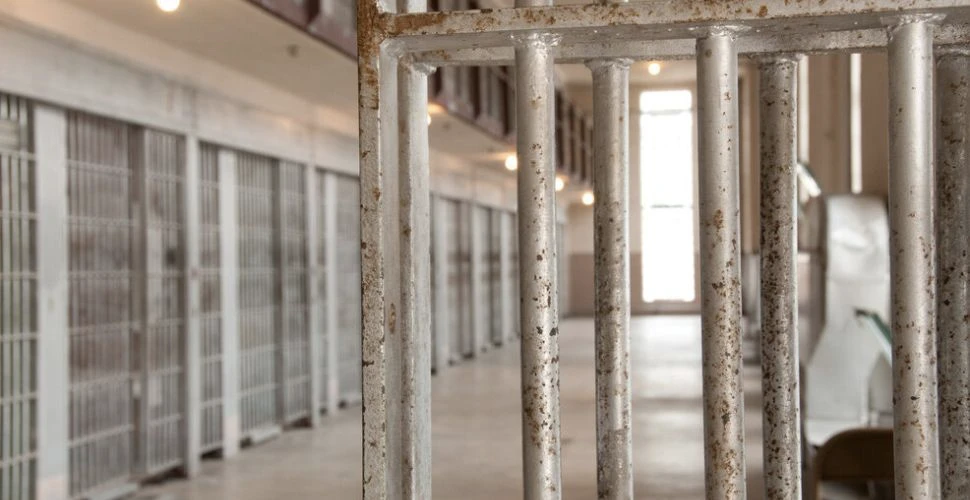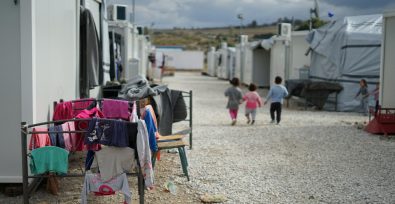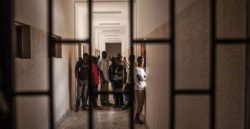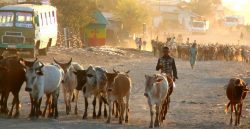During the U.S. midterm elections of 2022, four out of five states voted to remove or change language inherited from the country’s Constitution allowing slavery or involuntary servitude as a punishment for a crime. The fifth state which rejected this opportunity was Louisiana.
Louisiana has one of the highest incarceration rates in the U.S. Some incarcerated persons shared with the Washington Post that the prison system makes them feel “like enslaved people.”
“You’re a slave”
Jonathan Archille shared that prison staff have told him and other incarcerated persons “You’re a slave” referencing their inability to refuse work assignments. According to Louisiana state law, incarcerated persons may be compensated for their work and rates, which are up to the institutions, tend to fall between 2 cents to 40 cents an hour.
These low salaries then go towards prisons costs, such as visiting the prison doctor, which are relatively high in comparison.
The Washington Post reports,
Today, around 74 percent of the more than 5,000 inmates at Angola are Black, according to the University of Chicago and ACLU research. Advocates for change say a line can be drawn from Angola’s foundation as a plantation to the fields where incarcerated people work today.
“I was a 16-year-old kid who went straight from the classroom to the cotton field,” said Terrance Winn, 49, who gave testimony to the United Nations Committee on the Elimination of Racial Discrimination for its 2022 U.S. review about his time at Angola from 1991 to 2020. Describing guards on horseback who oversee the field, he added, “You actually experience and feel what slavery was like for our ancestors.”
Those who refuse to work at Angola can be sent to segregated housing, beaten, and denied visits with family, according to the University of Chicago and ACLU report. In the summer months, temperatures can exceed 115 degrees — but work continues, people formerly incarcerated at the prison said.
Join the movement
This year, advocates in several states, including Louisiana, are gearing up to make change happen to outlaw slavery explicitly once and for all. We’re right there with them support state level action while moving towards a federal change to the 13th Amendment of the U.S. Constitution.
Together with partners, our community is demanding all states and the federal government to explicitly outlaw slavery and involuntary servitude as punishment for a crime in the U.S. and state constitutions.
Join us in calling for an end to the Punishment Clause in the United States!








Freedom United is interested in hearing from our community and welcomes relevant, informed comments, advice, and insights that advance the conversation around our campaigns and advocacy. We value inclusivity and respect within our community. To be approved, your comments should be civil.
As a former Employee at the Milwaukee County Jail I find it absolutely discustin
I totally agree (as the penpal of someone in Angola prison). But by the same token, British prisons need to set an example by ensuring that prisoners who work are paid at least the minimum wage, and preferably are given worthwhile work that will actually motivate them to want to look for jobs when they are released from prison. I recently learned that the UK’s Remembrance Sunday poppies are made by British prisoners being paid a pittance.